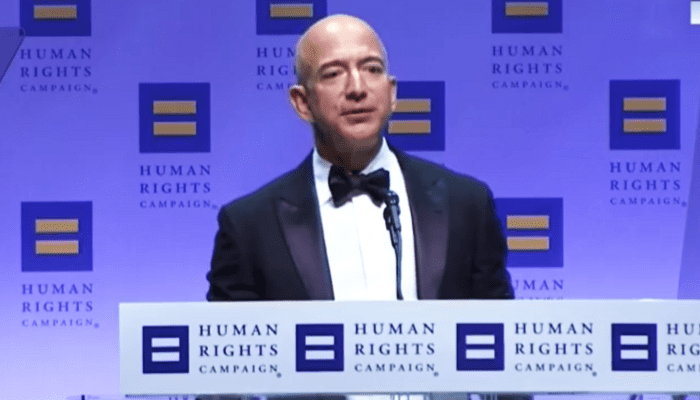The Washington Post seems to have stirred quite a ruckus in the past weeks with some recent top appointments, with both new publisher Will Lewis and the hiring of individuals from Rupert Murdoch’s media conglomerate, garnering particular attention and outcry.
Lewis, who was formerly associated with Rupert Murdoch has faced stiff opposition from those concerned about the right-leaning influence his association could bring. NPR media reporter David Folkenflik, particularly vocal in his criticism, seems to view any Murdoch-like influence as villainous. Furthermore, Lewis’s arrival at the Post comes at a time when the publication has been hemorrhaging money, registering a loss of a whopping $77 million over the past year and pushing the need for painful staff layoffs.
Supporters of the left-leaning publication haven’t been quiet in venting their disapproval of these changes. They grumble about how Jeff Bezos, the billionaire owner of the Post, seems to be tilting its editorial policy by selecting key staff from Murdoch’s empire. Questions are being asked about the appropriate response by subscribers; is it warranting a cancelation of subscriptions or are there more strategic ways they can voice their concerns?
These complaints are further fueled by claims of lack of diversity in decision-making positions and dissatisfaction with how recent stories have been covered. Margaret Sullivan, Brian Stelter, and Oliver Darcy, all heavyweight influencers on the editorial scene, have been among vocal critics expressing concerns about the negative impact of new hires on staff morale.
However, Bezos remains unmoved by the outcry, reassuring that these personnel changes aren’t going to override the Post’s commitment to “the quality, ethics, and standards” of journalism. He dismisses anxieties that this is a forced shift to a conservative editorial agenda, despite increasing fears stirred by recent incidents such as Elon Musk taking over Twitter.
The continued hyper-partisanship in their reportage, however, contradicts their claims of maintaining neutrality. The recent coverage of an explicitly pro-Hamas protest in D.C., describing it as “largely peaceful” despite evident unrest, smoke bombs, and vandalism, raises questions about the Post’s commitment to unbiased journalism.
In addition, the worrying trend of over-glorifying Democratic figures, like the recent coverage of Jill Biden on the campaign trail, stokes fears about the Post’s commitment to an impartial narrative.
In conclusion, despite Bezos’s insistence about maintaining ethics and standards, it’s evident that the Post, with its editorial changes, seems to be selectively applying these principles to suit its narrative. This trend threatens to corrode public trust in mainstream media and makes a compelling case for a call to action to defend genuine journalism.



